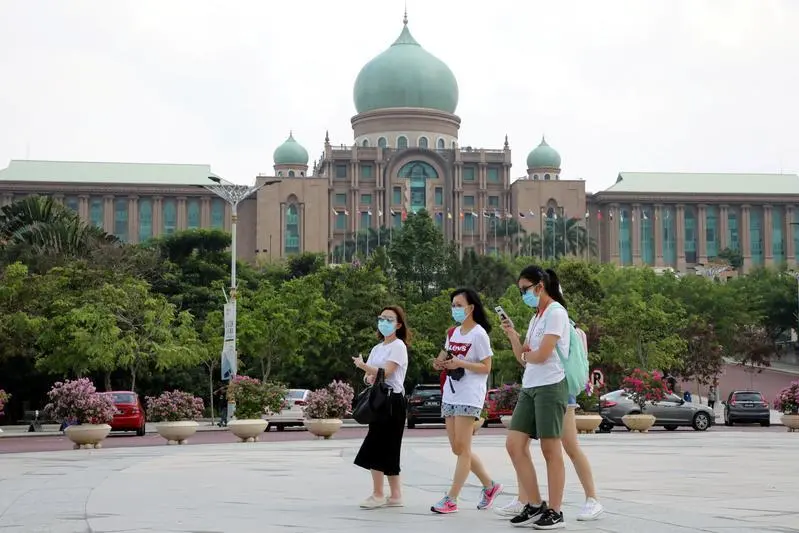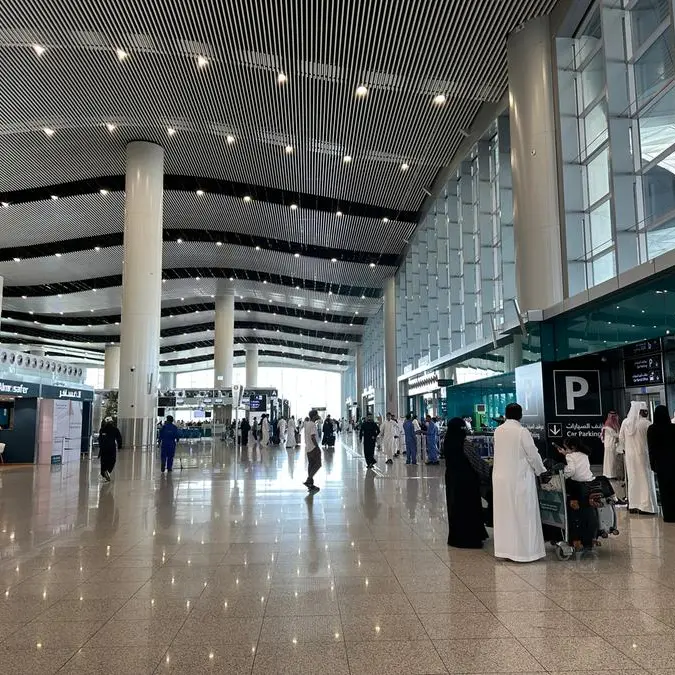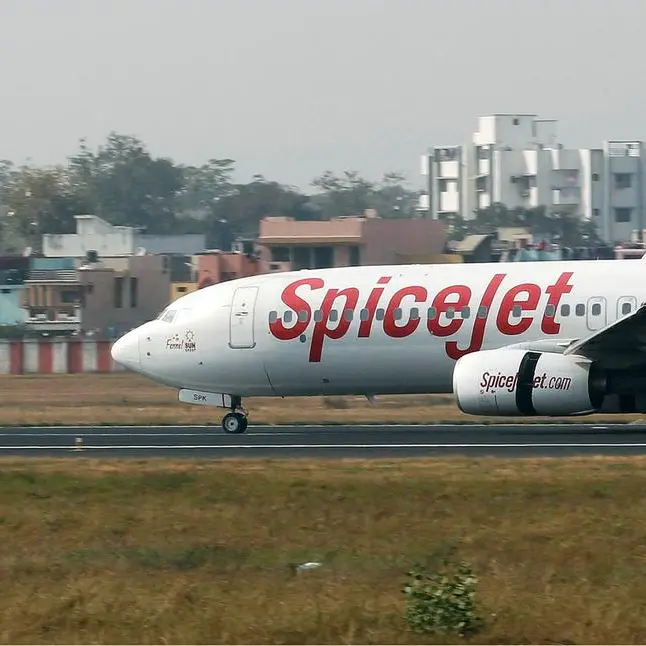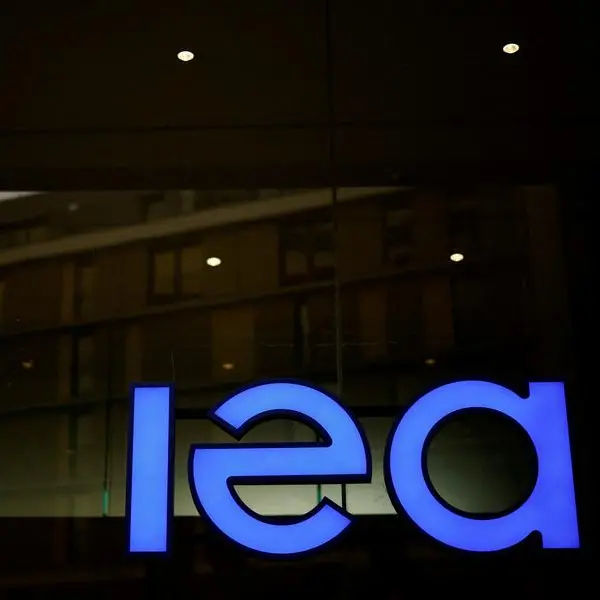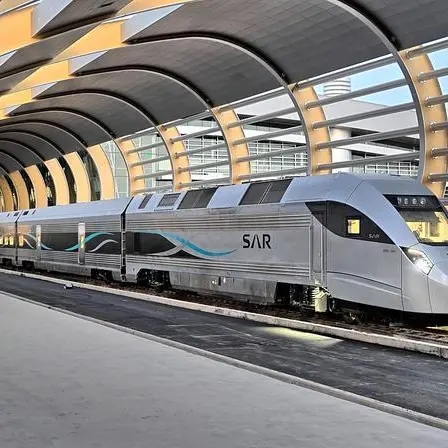PHOTO
During the management of a crisis, one of the most crucial factors is how the uncertainty and fear of what the future holds is communicated to the public. The way we communicate our failures and shortcomings will either accelerate fear or restore hope.
I had the opportunity this week to participate in an extraordinary Middle East webinar hosted by the UN World Tourism Organization (UNWTO), involving 250 participants from around the world. What I learned from this meeting was alarming, but also, in some ways, heartening.
On the one hand, it was clear that the travel and tourism industries have been one of the biggest casualties of the coronavirus disease (COVID-19). I learned how critical these sectors are to national economies and to the global economy. A consensus has emerged indicating that it may take up to a year for the tourism industry to fully recover. However, many also recognize that a return to normality may not only take much longer than that, but may never be possible in a post-pandemic world. On the other hand, I also learned that there is light at the end of the tunnel.
Hearing the grim diagnosis did, admittedly, come as a shock — perhaps because I’m a Londoner. Last year, London was the most-visited tourist destination in Europe and the fifth most-popular worldwide. I cannot help but think that the way this city operates will fundamentally change because of the pandemic.
To some extent, we are seeing the impact already. While, in many ways, the pandemic has brought us together and sparked unprecedented levels of community solidarity, it has also ushered in fear; in particular, a fear of “the other.” I live in an apartment complex where most of the residents are Chinese and I have noticed a palpable difference in the way they are viewed by fellow residents and passersby as we navigate the lockdown. The pandemic has seen an unmistakable rise in racism toward people with a Chinese background, and even anyone who might be perceived as being Chinese.
Tourism is usually a powerful bulwark against such generalized fears. When we travel, when we visit new countries and explore new cities, and when we meet and engage with new people, we are doing something extremely important. We are learning from one another and breaking down these barriers of fear. This is why tourism is vital for our societies — it helps us thrive and engage with new ideas and new ways of thinking.
So I was heartened to learn from the UNWTO meeting that pioneers across the sector are thinking far beyond recovery. Many expect that we cannot return to business as usual after this pandemic, so they are looking at ways to reinvent the tourism sector and to make it better. Many UNWTO participants are seeing that the way forward is not recovery, but transformation. There is an emerging acceptance that most tourism will shift toward being far more local and regional. We will travel more frequently closer to home, instead of seeking out the other side of the world, which will still happen, just more rarely.
In the light of growing populist narratives across Europe, this can be an opportunity to better understand the regions and localities in which we live, and which surround us. We often hold stereotypes and prejudices toward people who are our own neighbors or fellow citizens who live in other towns or cities. In reality, they are not that different to us at all.
Sustainability is another new buzzword in the industry. We need to shift toward a more ecological and environmentally friendly tourism. The pandemic has brought to our attention how viruses like COVID-19 are able to transfer from animals to humans because natural habitats are increasingly being destroyed and animals’ living spaces are becoming smaller and smaller.
One example of where this has happened is Malaysia, which I have visited several times for business. In the past, deforestation has been a major challenge there, destroying natural habitats. But what I have seen in Malaysia in recent years are genuine, new and increased efforts to put an end to deforestation, to conserve wildlife, and to protect both the environment and animals.
This speaks to why, in a post-pandemic world, we should consider whether our travel is actually contributing to the exploitation of local people and their environment. We must have renewed circumspection about where and how we visit new destinations, the challenges experienced by local people and natural habitats, and whether it is possible to make a positive contribution by supporting local conservation initiatives and businesses. This local-global responsibility is crucial for the future prospects of the tourism industry.
We need to ask ourselves how we can help these communities to better protect their environment and traditional ways of life. At the UNWTO meeting, I saw how more industry leaders are convinced that there is a window of opportunity for the public and private sectors to come together to develop innovative solutions to these challenges. Governments must also engage with private sector entrepreneurs and innovators to support this vision for a more sustainable tourism.
One of the most out-of-the-box ideas doing the rounds is a complete rethink of what the post-COVID-19 tourism infrastructure might look like.
The industry is looking at harnessing technological innovations such as virtual reality (VR) and augmented reality (AR) to explore ways of digitalizing the sector.
VR empowers us to explore far-flung destinations from the comfort of our homes, at relatively minimal cost. With AR, we can transform the way in which travelers observe their surroundings, allowing them to immerse themselves in a more meaningful travel experience. Such technological innovations are going to be increasingly incorporated across the tourism sector to complement, enhance and extend traditional experiences.
We are at the beginning of a new era for tourism. While getting to the other side will involve much pain and trauma, we have an unprecedented opportunity to create more sustainable, balanced and fulfilling forms of tourism that relieve the risks of another pandemic or ecological crisis. The task ahead is to start building the new tourism apace.
• Muddassar Ahmed is the Managing Partner of Unitas Communications, a leading London-based reputation management consulting firm. Twitter: @MMuddassarAhmed
Copyright: Arab News © 2020 All rights reserved. Provided by SyndiGate Media Inc. (Syndigate.info).
